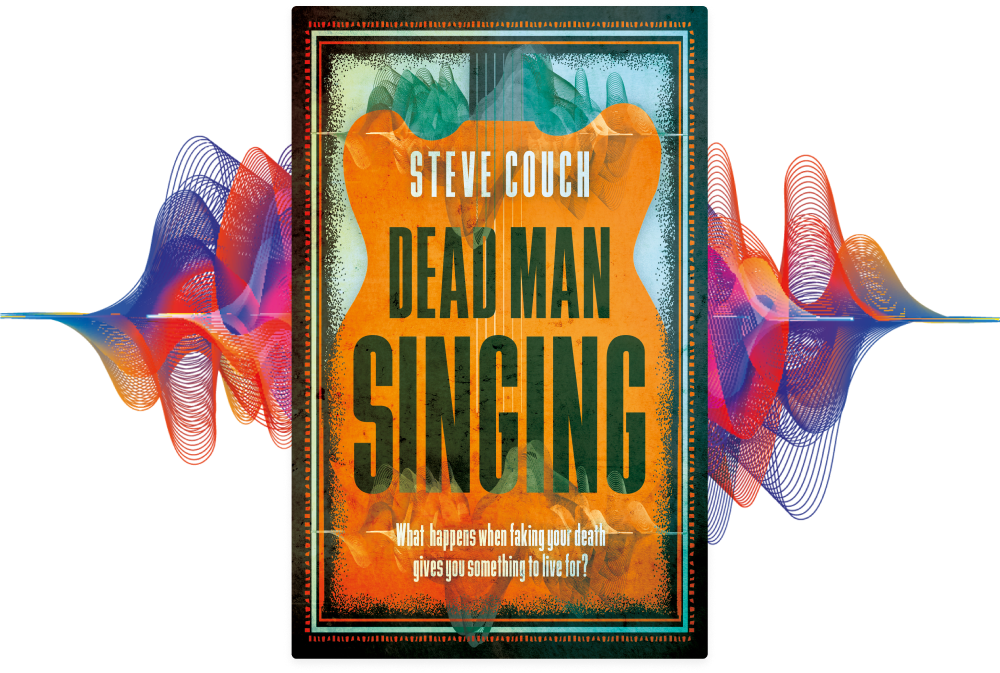
Hidden Gems #9: 17-11-70
141 days ago
Elton John was a tricky one when I was compiling Dave’s list of 100 albums to take to his new post-death life. The same American country-rock influence that I had given Dave is just as prominent in Elton’s early recordings (Elton has spoken publicly about the inspiration he took from Leon Russell, whose album Leon Russell and the Shelter People (1971) makes Dave’s list and which may well feature as a hidden gem in the future), but as I listened again to classic Elton albums like Goodbye Yellow Brick Road (1973) or Captain Fantastic and the Brown Dirt Cowboy (1975), something didn’t quite fit for Dave’s taste. I came to the conclusion that Dave would find them all too polished, too lush, and he definitely wouldn’t have been a fan of the orchestration that surrounded some of the arrangements. I toyed with Tumbleweed Connection (1970), Elton’s most obvious nod to his Americana influences, but somehow it just didn’t feel right for Dave.
The solution came when I discovered 17-11-70 (1971), a live album recorded at a radio broadcast on (can you guess?) the 17th November 1970 (the American version of the album was named 11-17-70). The sound is stripped down – just Elton on vocals and piano, plus his rhythm section of Nigel Olsen (drums) and Dee Murray (bass) – yet there’s still plenty of dynamic range on show. Despite the absence of guitar (the long-serving Davey Johnstone didn’t join Elton until 1971) there’s plenty that Dave would have enjoyed.
Take Me To the Pilot is a high point – and it seems that no less an authority than Jack Black agrees with me – but it’s far from the only one. Amoreena and a cover of the Rolling Stones’ Honky Tonk Women rock hard, while Sixty Years On and (to a lesser extent) Can I Put You On take the pace down, before the extended workout of Burn the Mission Down gives a textbook example of how to build a song and raise the roof as a closing number.
The album as a whole is a fascinating snapshot of a great artist before his public persona was fully formed, and before he produced the music that he’s most associated with. There’s a rawness that is easy to lose sight of in his later work, along with all the virtuoso showmanship which would go on to establish him as a household name. That’s not to belittle his later work in any way - I’m not saying this is Elton’s best album, just that I think it’s the one Dave would most frequently turn to. Once I heard it, I knew it was the perfect choice for my list – great songwriting, authentic performances and Americana straight out of Pinner. What’s not to like?
There are no comments yet, be the first to comment...
Your comment will first need to be approved before it is visible.